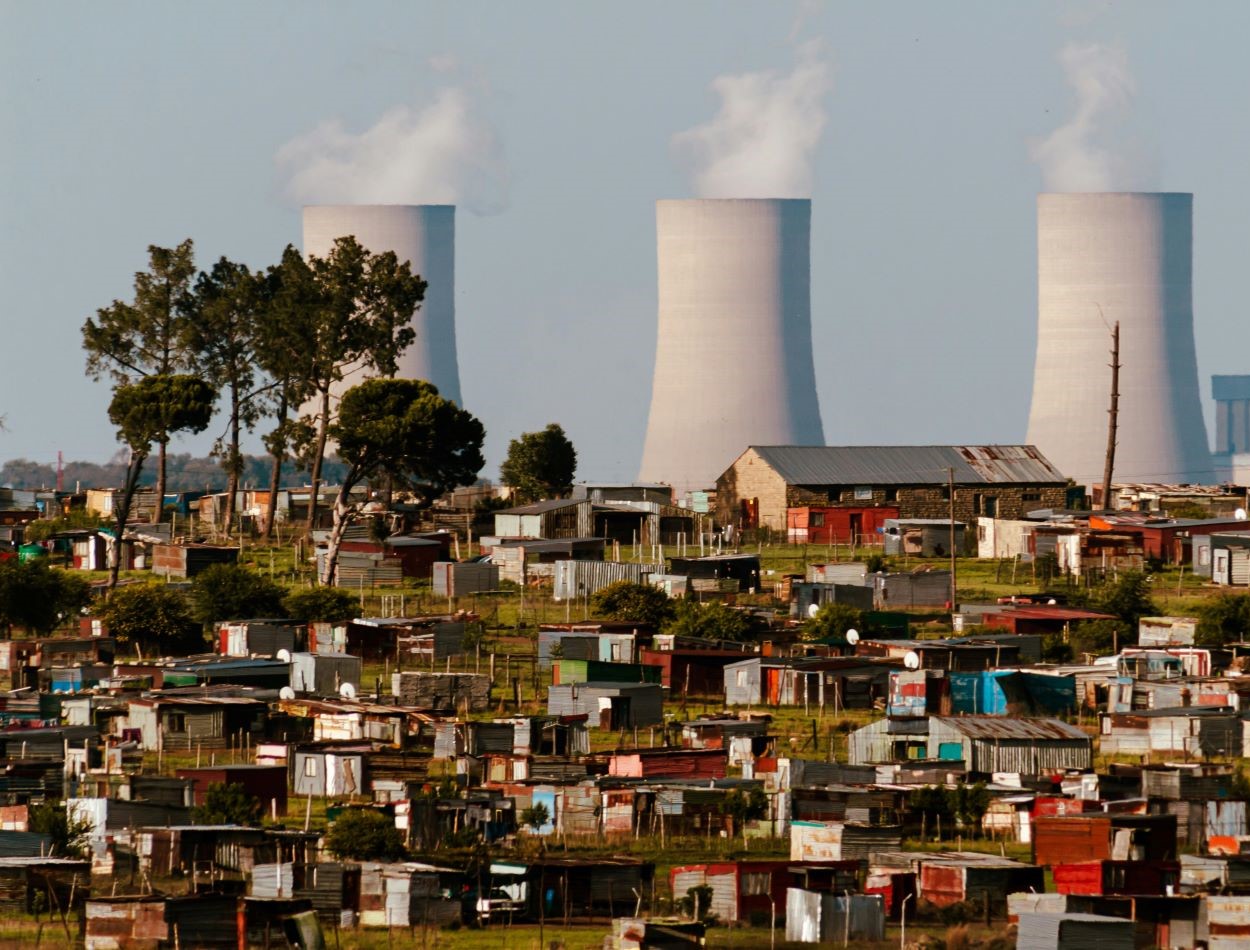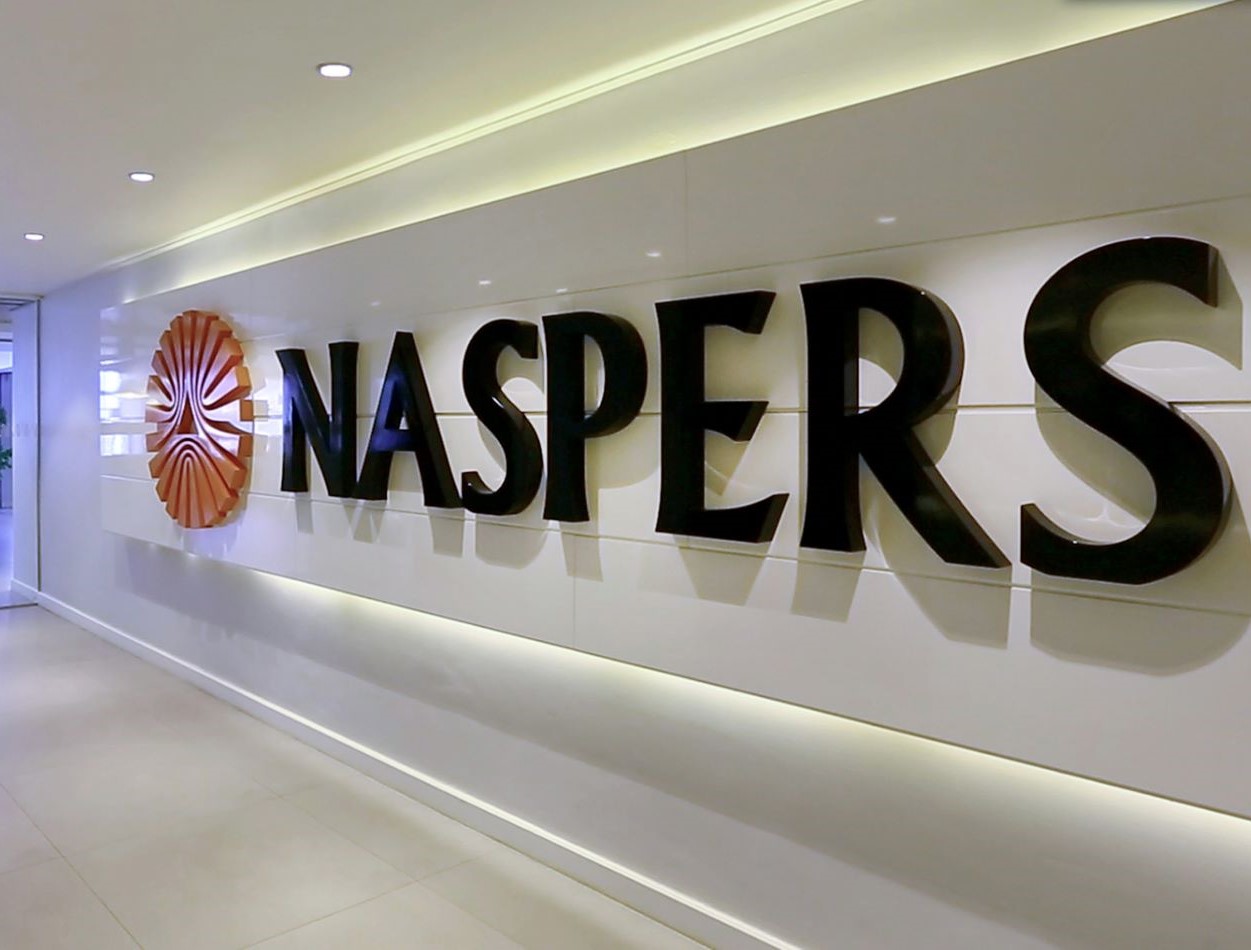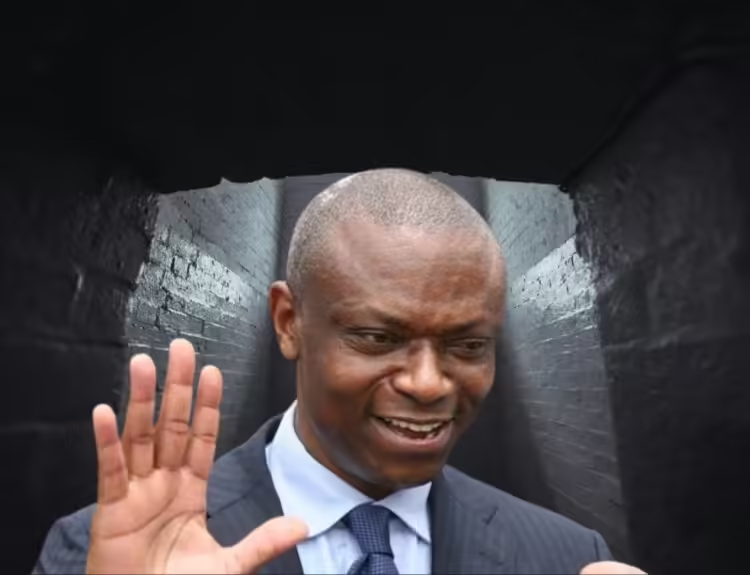South Africa, the rainbow nation, makes for an interesting story. Experts and polls prediction that the ruling party ANC would lose its majority after 30 years has turned out to be true.
But, that’s far from the story. The independence party that rode SA to freedom after decades under apartheid rule looks to be losing its grip. But as the favourability wanes, no other party will certainly replace it.
Experts believe that the ruling party has enjoyed massive support over the past 3 decades because supporters viewed it as a unifying party. South Africa is polarised, with racial tensions, rising xenophobic attacks, and the expanding gap inequality gap. In all this, no party has come out to push policies that solve existing problems.
Yet, ANC mandarins seem unbothered. Signs that the party lost popular support have been there for some time. However, the party has alienated more people, breaking its dominance in SA politics. As the results of the elections sink in, the party may usher in the much-needed reforms.
The biggest question in the minds of many is how ANC found itself where it is. It has been years and years of failed economic policies that left many voters disenfranchised. The Mandela promise of a better future for blacks has not panned the way millions envisioned, and years of corruption and mismanagement of the economy has pushed people into poverty.
Decades of poor governance
South Africa remains the most industrialised nation in Africa, but millions feel that it is collapsing fast. Decades of political incompetence and economic malpractice has left millions without jobs. In the run up to May 29 elections, unemployment hit a record 32%.
Murder rates in South Africa is one of highest. An estimated 30,000 people die yearly. Furthermore, infrastructure, healthcare and garbage collection are falling apart. In some places, people go for days without water and electricity.
State owned enterprises are on the brink of bankruptcy including the state broadcaster SABC and South African Airline (SAA). From Thambo Mbeki and Cyril Ramaphosa, no president has pushed for a serious fight against corruption which is destroying the country.
Public funds theft
South Africa’s power firm Eskom and railway company Transnet are the faces of grand corruption and incompetence in the country. Power outages have become a normal thing in the country, disrupting companies and other institutions. Power outages cost the economy in excess of $50 million.
Government officials including ministers plunder government companies, leaving them with nothing to provide services they are meant to. The country’s legislature has been unable to do its work, with some people claiming that the lawmaking body is operating below capacity.
ANC losing its majority had been projected since 2021, following years of economic mismanagement. South African and foreign experts as well believed that if ANC is given another mandate, then the rainbow nation’s collapse would be irreversible.
A summary of issues
The challenges facing South Africa can be summed up as follows:
- High unemployment: South Africa consistently experiences high unemployment rates, particularly among the youth. Structural unemployment remains a significant issue, with many workers lacking the skills required for available jobs.
- Inequality and poverty: The country is marked by significant income inequality, a legacy of apartheid that continues to impact socio-economic conditions. Despite efforts to reduce poverty, a large portion of the population still lives in poor conditions.
- Infrastructure deficiencies: Insufficient and outdated infrastructure, including transport and energy systems, hampers economic growth. Frequent power outages due to issues with the national power utility, Eskom, have severely affected industries and economic stability.
- Corruption and governance issues: Corruption scandals and mismanagement have plagued South Africa’s government and public institutions. This has eroded public trust and deterred foreign investment.
- Policy uncertainty: Inconsistent and unpredictable government policies, especially concerning land reform and nationalization of key industries, have created an uncertain investment climate.
- Social unrest: High levels of crime and periodic social unrest, often driven by economic grievances, further destabilize the business environment and deter investment.
Potential solutions
The issues facing South Africa can be sorted, but it will need a political goodwill.
- Economic reforms: Structural reforms aimed at improving the business environment, reducing bureaucratic red tape, and enhancing labor market flexibility are crucial.
- Investment in education and skills: Improving education and vocational training can help bridge the skills gap and reduce structural unemployment.
- Strengthening governance: Tackling corruption and improving governance are essential to restore public trust and attract investment.
- Infrastructure development: Investing in infrastructure, particularly in energy and transport, can boost economic efficiency and growth.
- Inclusive growth policies: Implementing policies that promote inclusive growth and reduce inequality can help address socio-economic grievances and foster social stability.






